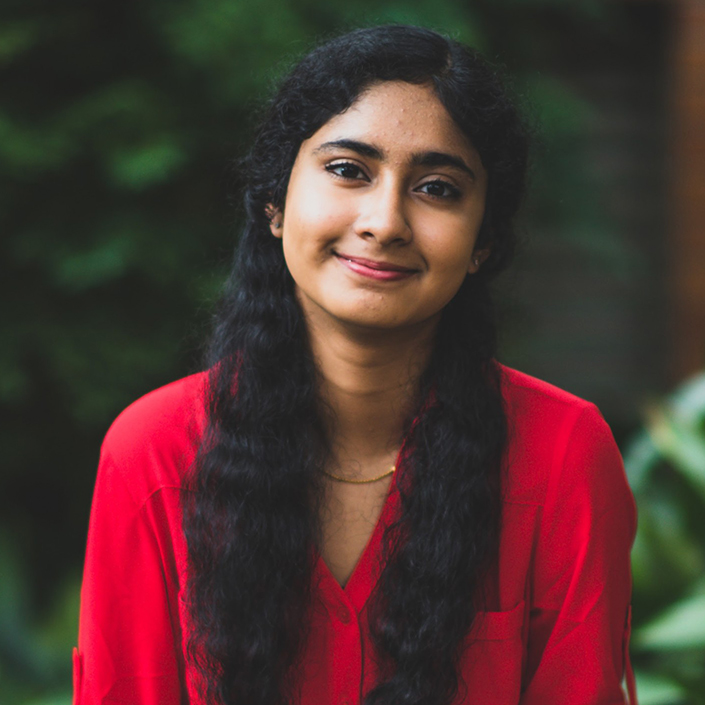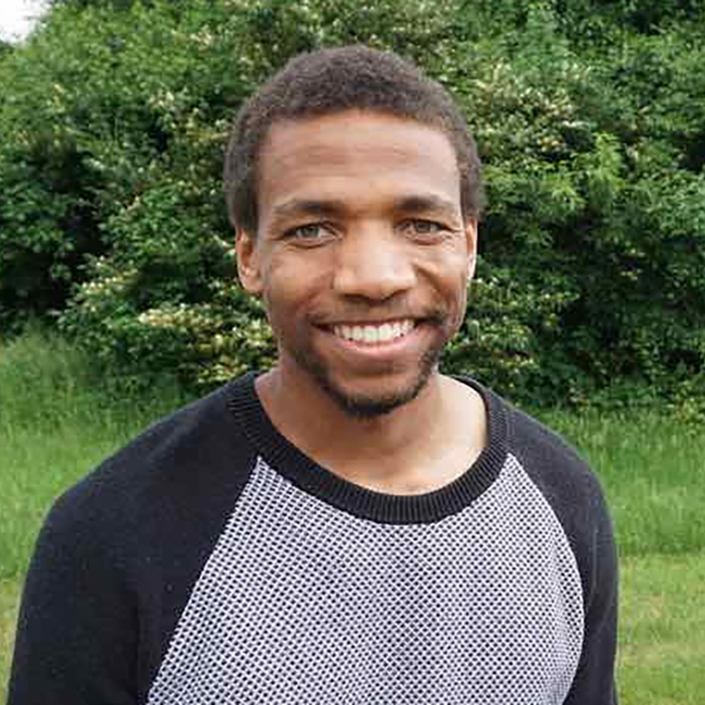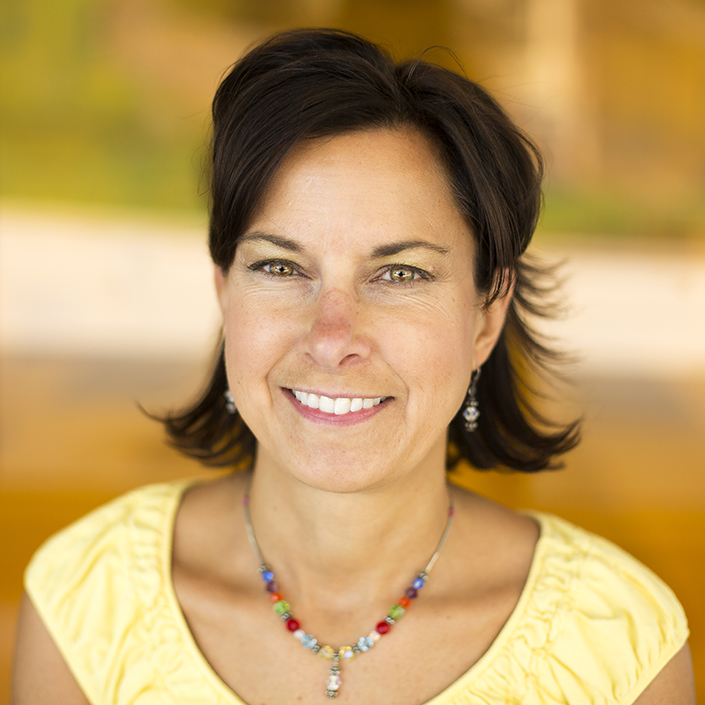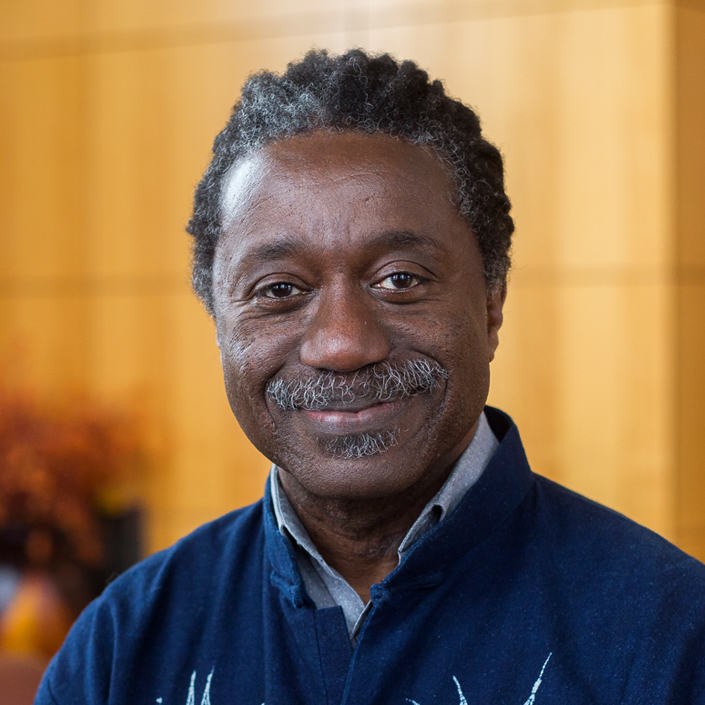ECE students, faculty recognized with 2021 MLK Spirit Awards
The award celebrates those who have gone above and beyond to service and support social justice, diversity, equity, and inclusion efforts.
Four of the nine College of Engineering recipients of the 2021 North Campus Dean’s MLK Spirit Awards are members of Electrical and Computer Engineering. Students Himaja Motheram and Kwesi Rutledge, as well as Professors Cynthia Finelli and Herbert Winful, are honored for exemplifying the leadership and vision of Reverend Dr. Martin Luther King, Jr. through their commitment to social justice, diversity, equity, and inclusion.
Students
Himaja Motheram

 Enlarge
Enlarge
Himaja Motheram is a junior studying Computer Engineering with a specialization in autonomous robotics. She is also pursuing a Sweetland Minor in Writing, for she enjoys bringing code and words to life as a way to connect with others. She serves as the Advocacy Officer of both Women in Electrical and Computer Engineering (WECE) and the Society of Women Engineers (SWE). She’s also a Team Captain for Do Random Acts of Kindness, and a student developer for CLAWS (Collaborative Lab for Advancing Work in Space). After graduation she wants to work with robotics and embedded systems to solve problems in cybersecurity.
“I imagine that a space where DEI work is unnecessary is a space where there is empathy and mutual understanding between everyone in this community, and that anyone of any identity has assurance that if they speak, their voice will be heard.”
Kwesi Rutledge

 Enlarge
Enlarge
Kwesi J. Rutledge is a doctoral student specializing in Control Systems. He has long been an active member of the ECE community, participating in many recruitment events, panels, and activities, and he helped design and organize the 2020 EECS Juneteenth celebration. He is a member of the Graduate Society of Black Engineers and Scientists (GSBES) and the ECE Graduate Student Council (ECE GSC).
Rutledge’s research is focused on formal guarantees of safety, including tools for testing the safety of self-driving vehicle software systems that use cameras to make decisions, and methods for automating how computers can test and evaluate their hypothesis for how the world works. He plans to continue his research as a postdoctoral researcher in a lab focused on real-world robotic systems. He is advised by Prof. Necmiye Ozay.
“To me, the MLK Spirit award means that someone has noticed my dedication to and improvement in the design of diversity and inclusion efforts. It was difficult work that challenged me to learn to be a better listener, planner, and much more without often receiving much feedback from the audience that we were serving. I hope that I made my mentors and colleagues proud with this award, because it represents an improvement that was made possible only by them as they helped me plan, organize, and think about these issues.”
Faculty
Cindy Finelli

 Enlarge
Enlarge
Prof. Cindy Finelli is recognized for “growing the discussion around DEI in Michigan Engineering and making Michigan’s EER program a catalyst for national discussions about improving engineering education.” She is the founder and director of the Engineering Education Research (EER) program, which investigates student learning, faculty teaching, and the relationships between them. She is also the founding director of the Center for Research on Learning and Teaching in Engineering, where she cultivated a nationally recognized research community at Michigan that enables new research discoveries in Engineering Education and by faculty across engineering and the School of Education.
In addition to this MLK Spirt Award, in recognition of her commitment to fostering a diverse and inclusive environment, she received a College of Engineering Incentive Award in 2019. She is an IEEE Fellow and a fellow of the American Society for Engineering Education, and she served as a member of ECE’s Committee for an Inclusive Department from 2019-2020.
“We decided to use our EER seminar series as a platform to both amplify the work of Black and other minoritized scholars and to showcase research about the experiences of minoritized engineering students and/or engineers. Though the messages we’ve heard in the seminars have sometimes been hard, it has been powerful to know we all committed to advancing DEI.”
Herbert Winful

 Enlarge
Enlarge
Herbert Winful, the Joseph E. and Anne P. Rowe Professor of Electrical Engineering and Arthur F. Thurnau Professor, is recognized for “celebrating and advocating for People of Color in Engineering.” He served eleven years as the Director for Education and Outreach for the Gérard Mourou Center for Ultrafast Optical Science (CUOS), and he received the Raymond J. and Monica E. Schultz Outreach and Diversity Award from the College of Engineering for his efforts in organizing diversity, equity, and inclusion programs, offering mentorship, and championing improvements in local and global communities. In addition, he serves as the faculty advisor to the Graduate Society for Black Engineers and Scientists.
Within the EECS Department, Winful founded the Committee for an Inclusive Department and served as the department’s DEI Lead for years. He created the Dr. Hobbs Moore Distinguished Alumni Lectureship that brings minority ECE PhD alumni to campus to speak about their work and to interact with and mentor current students. He also proposed and led the organization of the 2020 EECS Juneteenth Celebration, which will continue as an annual event.
As a researcher, Winful has made fundamental contributions in many areas, including nonlinear fiber optics, nonlinear optics in periodic structures, the nonlinear dynamics of laser arrays, the propagation of single-cycle pulses, and the physics of quantum tunneling. He is a Fellow of the Optical Society of America, the American Physical Society, and Life Fellow of IEEE.
“I don’t see my DEI activity as work. For me, it’s part of being human, part of being a member of a caring community. So, I cannot imagine a future where I am not doing what I do. A community is a living organism: it has to be nurtured.”
 MENU
MENU 
